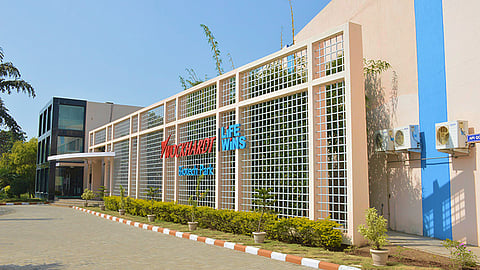

In a landmark development for India’s pharmaceutical and public health sectors, Wockhardt has introduced Zaynich, a next-generation antibiotic designed to combat multi-drug resistant (MDR) Gram-negative bacteria. The breakthrough marks India’s first major antibiotic innovation in nearly 30 years, coming at a crucial time amid the global rise of antimicrobial resistance (AMR).
Zaynich combines cefepime, a broad-spectrum cephalosporin, with zidebactam, a beta-lactamase inhibitor and enhancer, to deliver a dual mechanism of action. While cefepime disrupts bacterial cell walls, zidebactam blocks resistance enzymes and enhances the antibiotic’s binding to bacterial targets. This unique synergy helps Zaynich overcome resistance that renders many existing antibiotics ineffective, reportedly improving treatment success rates by nearly 20% compared to current therapies.
Gram-negative bacteria such as E. coli, Klebsiella pneumoniae, Pseudomonas aeruginosa, and Acinetobacter are among the most difficult to treat due to complex resistance mechanisms. Given India’s high infection burden and widespread antibiotic usage, the development of a homegrown innovation like Zaynich is seen as strategically significant both for India and the global healthcare landscape.
Experts emphasise that Zaynich must undergo rigorous clinical trials to confirm its safety, efficacy, and pharmacokinetic profile. They also highlight that “successful integration into treatment protocols, affordability, large-scale production, and responsible antibiotic stewardship will be key to its long-term success.”
While challenges remain, the potential impact is substantial. If validated and widely adopted, Zaynich could emerge as a game-changer in managing resistant bacterial infections—offering new hope to patients in India and worldwide. Wockhardt’s achievement underscores India’s growing leadership in the global fight against antibiotic resistance.